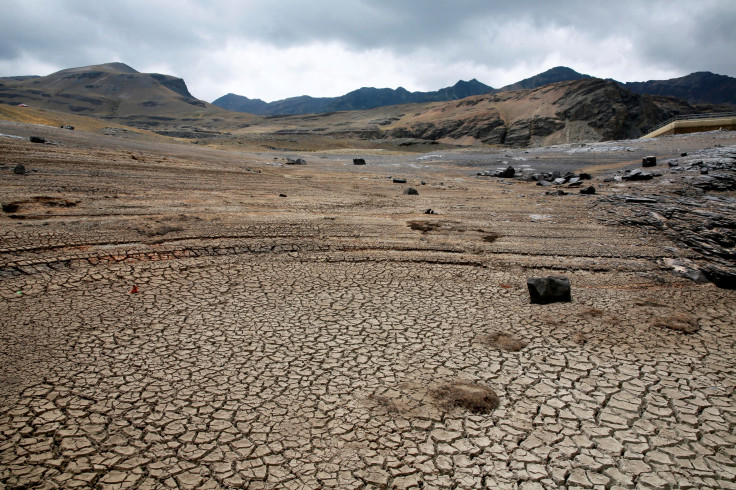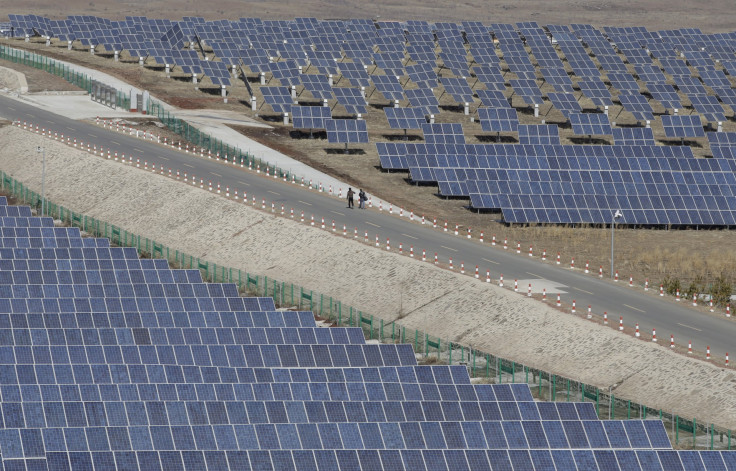Donald Trump’s Policies Will Worsen Climate Change, China Holds Steady On Commitments

President-elect Donald Trump has said he will withdraw the United States from the Paris climate agreement, threatening to upend a treaty that experts say does not do enough to prevent a catastrophic rise in the average temperature on Earth. In a video message Monday, Trump also said he would roll back many of President Barack Obama’s environmental policies and lift restrictions on the fossil fuel sector.
Trump has said climate change was a hoax “created by and for the Chinese in order to make U.S. manufacturing non-competitive” and a senior Chinese official recently issued a clarification, stating clearly that it was the U.S., the world’s second-largest polluter, that began the climate change negotiations in the 1980s, and expressed hope the country would “continue to play a leadership role” in tackling climate change.
The U.S. climate envoy said the country will continue to stay in the Paris Agreement; former Vice President Al Gore appealed to Trump to not withdraw the country from the climate deal; and just last week, Secretary of State John Kerry announced at the climate summit in Morocco the U.S. would reduce its greenhouse gas emissions 80 percent by 2050. But all of that would come to naught if Trump carries out his plan.
And if he does, why would other countries, like China and India, the world’s largest and third-largest polluters, respectively, stay the course?
Well, it seems like at least China certainly will. Pollution levels in the country are extremely high and there is public outrage over the near-constant presence of smog in all large urban areas. China has invested $384.7 billion in clean energy since 2012, and has been the biggest investor in green power sources this year, spending $48.1 billion compared to $32.6 billion in the U.S., according to Bloomberg data. China is also home to most of the world’s largest solar manufacturers, and moving away from solar will only hurt them.

And it seems China is not the only one forging ahead with climate action regardless of Trump’s rhetoric (which could soon become action).
“The agenda has changed, but what is interesting is that a large number of the parties — the nations here — are asserting that they will continue to reduce their emissions regardless of what the United States may or may not do under the new administration,” John Sterman, a professor of management at the MIT Sloan School of Management, told a television channel in Morocco.
It is not just other countries, though, whose views differ from those of Trump. Based on findings of a survey released Monday, it turns out 71 percent of U.S. citizens support the country staying in the Paris climate deal. Even among Republican supporters, the group that showed the lowest support for the deal, 57 percent of those polled said the U.S. should participate in the climate deal.
While skeptics and naysayers abound, climate change is real and is happening. Each successive year is turning out to be the hottest on record, record high temperatures are predicted to be the new normal in less than 10 years and polar ice is melting, raising the prospect of rising sea levels inundating low-lying cities. These are only a few of the many aspects of climate change that include forest fires and more frequent hurricanes, among many others.
© Copyright IBTimes 2024. All rights reserved.





















